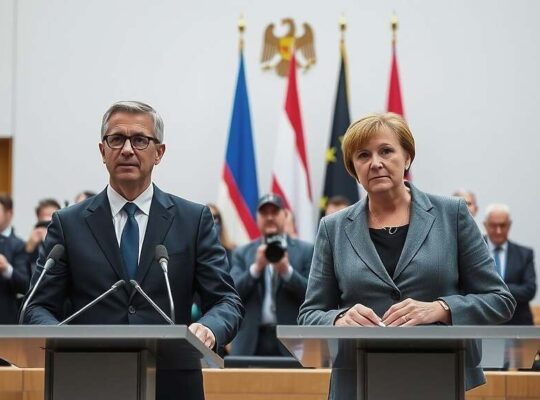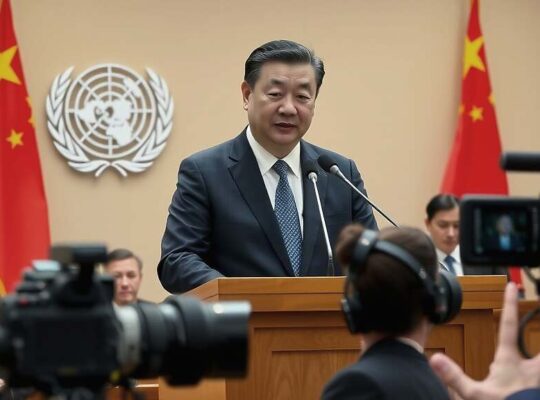A former CDU secretary general is reigniting a debate on German identity and societal cohesion, advocating for a renewed focus on values reminiscent of Prussia’s historical self-perception. In a forthcoming commentary for “Stern” magazine, Peter Tauber argues against a divisive approach to German culture, instead promoting a unifying ethos built upon reason, duty and tolerance.
Tauber’s piece directly challenges the prevailing narrative within conservative circles, suggesting that Germany’s strength lies not in defining itself through exclusion, but in embracing its inherent diversity. He posits that a modern German “leitbild”- guiding principle-should center on shared fundamentals like language, education, the rule of law, democracy and, crucially, a sense of shared responsibility. Drawing inspiration from Prussia’s historical inclusivity, Tauber emphasizes that belonging should be earned through active participation and commitment, rather than lineage. “Anyone who wanted to belong could – through contribution, not through descent” he writes.
The former official’s call for a balanced approach to religion and origin reflects growing anxieties surrounding integration policies and the rise of populist sentiment. Tauber insists that while citizens are entitled to equal rights, the state is also justified in expecting reciprocal loyalty. He identifies a pervasive atmosphere of fear – fear of change, diversity and perceived loss – as a current paralysis within German society, contrasting it with periods of successful transformation following devastating events and the nation’s reunification and European integration.
However, Tauber’s recent attempts to re-enter the political discourse have been met with resistance. His increasingly vocal criticisms of the AfD and his broader calls for a more progressive approach to integration have been dismissed by some within the CDU, most notably by parliamentary group leader Jens Spahn, who deemed his contributions “completely irrelevant”. This rejection signals a potential internal rift within the conservative party, highlighting the ongoing struggle to define the contours of German identity and the response to its evolving demographic landscape – a debate likely to remain central to German politics in the years to come. The controversy surrounding Tauber’s commentary underscores the deep-seated ideological divisions shaping the future direction of Germany’s political and cultural agenda.












